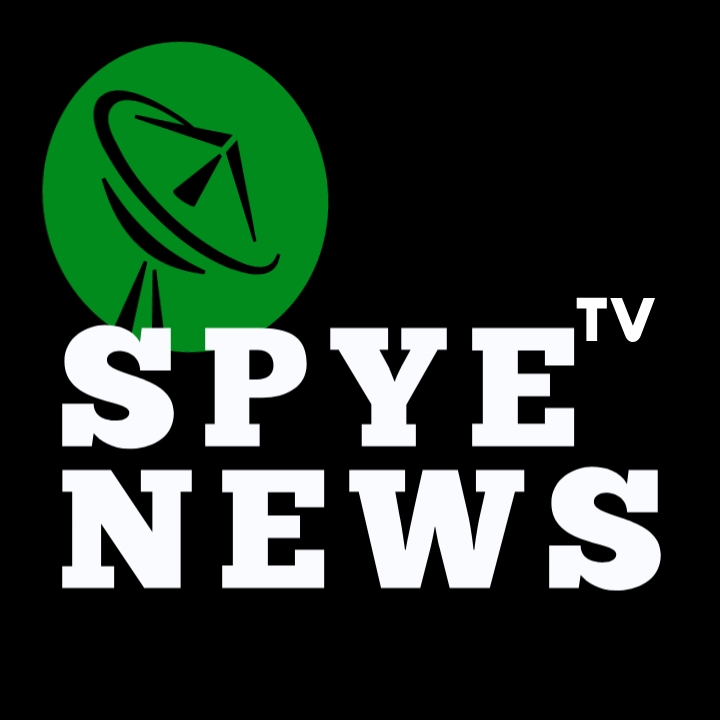The National Agency for Food and Drug Administration and Control (NAFDAC) has destroyed counterfeit, expired, banned, and unwholesome pharmaceutical products and consumables valued at over ₦15 billion.
The exercise, held Thursday at the Moniya dumpsite in Ibadan, Oyo State, was witnessed by security agencies and regulatory bodies, including the Nigeria Police Force, Department of State Services (DSS), Nigeria Customs Service (NCS), Federal Road Safety Corps (FRSC), Oyo State Ministry of Environment, and the Association of Community Pharmacists.
Speaking on behalf of the Director General, Prof. Mojisola Adeyeye, the Director of Investigation and Enforcement, Dr. Martins Iluyomade, said the destruction was part of NAFDAC’s renewed commitment to rid the country of substandard and dangerous products.
Among the items destroyed were Analgin, Cocodamol, codeine-based syrups, tramadol, oxytocin, falsified vaccines, and other counterfeit or unregistered medicines, with a combined street value put at ₦15 billion.
Prof. Adeyeye disclosed that recent enforcement operations led to the interception of fake consignments disguised as diclofenac, later confirmed to be anti-malaria drugs worth millions of naira. She also revealed the discovery of illegal cosmetic factories operating inside a military barracks in Lagos, as well as other contraband seized nationwide.
She commended the Nigeria Customs Service for handing over 25 containers of pharmaceutical products—including tramadol, artesunate injections, and codeine-based syrups—alongside prohibited frozen poultry, all of which were destroyed.
“We remain resolutely committed to ensuring that food, drugs, cosmetics, medical devices, chemicals, packaged water, and beverages consumed in Nigeria are safe, wholesome, and effective,” Adeyeye said, stressing that the destruction prevents the products from re-entering circulation.
Oyo State NAFDAC Director, Mr. Samuel Adeyemi, reiterated the agency’s zero tolerance for substandard products and urged the public to report suspicious drugs or dealers, noting: “If you see something, say something.”
The DG further appealed to community leaders, health practitioners, religious leaders, and the media to intensify public awareness campaigns against patronising quacks and unauthorized medicine vendors.
“Together, we can protect the health and safety of all Nigerians,” she said.

